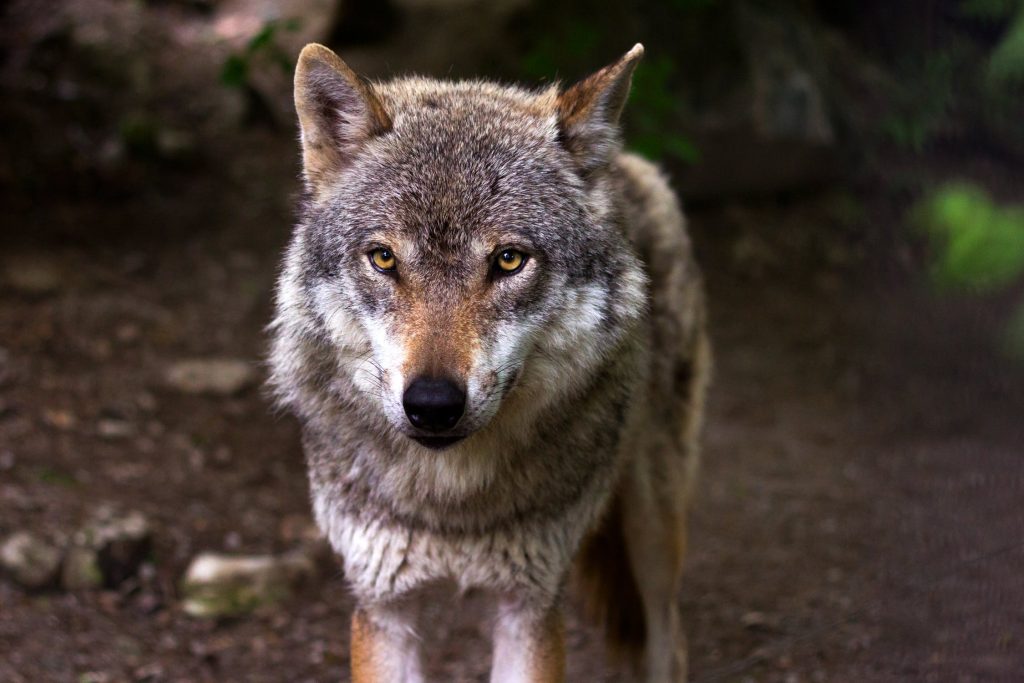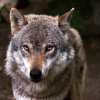KREMMLING – Of the six livestock killed by wolves in Grand County, Colorado, five were owned by a Kremmling-area rancher named Conway Farrell, who has or leases several ranches in the area.
That’s a heavy burden for one livestock producer, considering that the region of northwest Colorado has sustained a total of eight livestock kills since wolves were reintroduced to Colorado in December, 2023, after 13 Front Range and ski area counties approved a 2020 initiative by a 50.91 percent margin.

Tuesday, the U.S. House of Representatives, approved a bill authored by conservative Republican Congresswoman Lauren Boebert, by a 209-205 margin, to end federal protections for grey wolves in 48 states. While most of the voting was on a party-line basis, a few Democrats voted in favor of the bill, including Rep. Yadira Caraveo of the competitive 8th Congressional District north of Denver.
Boebert called the vote “a major win,” while Caraveo released the following statement:
“In recent months, I’ve heard from farmers and ranchers across Colorado who’ve shared with me their concerns about the threat gray wolves pose to their livestock. Agriculture and beef production are critical to Colorado’s economy, so cattle need to be kept out of harm’s way in order for that industry to carry on productively. Colorado Parks and Wildlife needs to take this threat to Coloradan’s livelihoods seriously and I will continue to share that message both at the federal and state levels.”
Boebert’s bill is likely to face stronger opposition in Senate, which is controlled by Democrats.
RELATED: 2.8 Million Cattle in Colorado.
At the state level, the Department of Agriculture, Colorado Parks and Wildlife (CPW) and the Middle Park Stockgrowers Association agreed Tuesday to use $20,000 to hire range riders to patrol herds and flocks, so as to discourage wolf predation.
According to state Sen. Dylan Roberts, a Democrat, the Legislature just approved $580,936 and three full-time positions for wolf conflict management and range riders. Along similar lines, said Roberts, CPW will receive funds for six full-time positions and their regular $2 million for the wolf program. Additionally, thanks to a bill Roberts pushed last year, the wolf depredation compensation fund will be raised to $375,000 this year.
Last week, Colorado Parks and Wildlife reported that of the 10 radio-collared wolves in the state, there was wolf presence in Larimer County, as well as Jackson, Routt, Moffat, Grand, Boulder, Rio Blanco, Garfield, Eagle, Summit, and Gilpin counties. Ten wolves had been captured in Oregon last fall and reintroduced to Grand and Summit counties.
While six wolf kills have been confirmed in Grand County, another two have been confirmed so far this year in Jackson County, where two wolves moved in from Wyoming.
Meanwhile, a collared wolf was found dead in Laramie County and a lone wolf, with Great Lakes area wolf DNA, was found dead in a coyote trap in Elbert County, on Colorado’s eastern plains. The two deaths drop the official wolf count in Colorado, down to 11. A U.S. Fish and Wildlife official says a determination of causes of death may take another two weeks of autopsies and lab work.
Grand County ranchers, including Farrell, have been observing wolves in the area, and believe a male and female have paired up and established a den where a litter of pups may appear in mid-May. The ranchers believe that the male is responsible for calf kills on Farrell’s ranches, and have formally asked the CPW to kill the male and possibly the female. CPW officials have rejected the request.
While Farrell has used non-lethal wolf deterrent tools, he has not found them to be effective for more than a few days, before the wolves become habituated and come back.
Because area ranchers have asked for privacy, CPW will not reveal whether the ranchers decided to use these tools and techniques before or after they experienced a predation loss. Similarly, CPW will not reveal how many ranchers are rounding up livestock into concentrated herds that can keep wolves at bay better than individual cows.
Colorado’s wolves have been traveling farther by the day. CPW is aware of elk and deer being killed and eaten by the wolves, but neither the CPW nor Rocky Mountain National Park is aware of wolves encountering or preying upon the large elk herd in and around the park.




